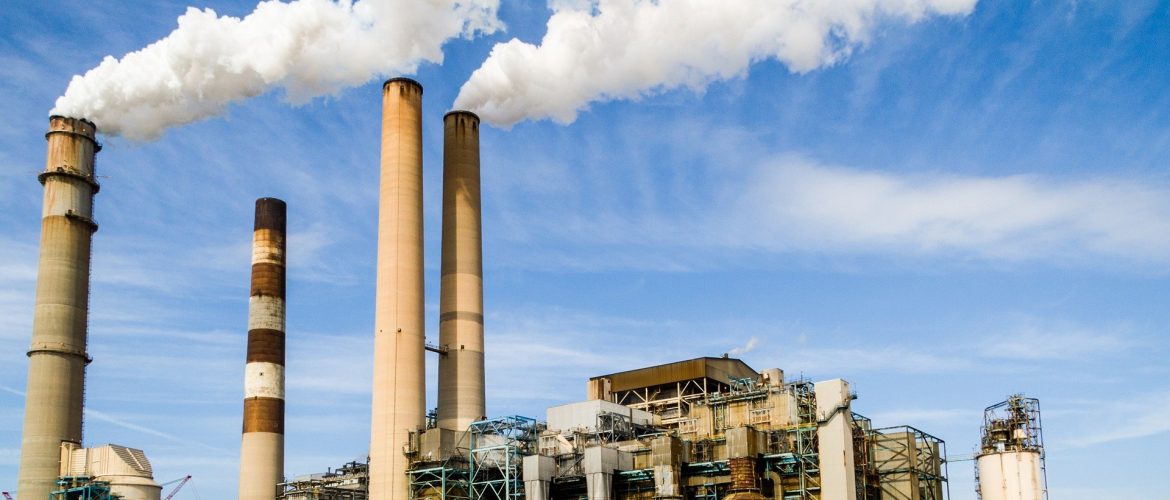In his article titled “MEPs raise the bar on climate ambition”, published in energypress.gr, Nikos Mantzaris provides an analysis of the recent ENVI vote results on the EUETS revision (May 17, 2022), and the positions of the political groups.
As the EU ETS is a vital tool of the European climate policy, the main stake of the review is to ensure that the EU ETS will contribute to the EU’s overall 2030 climate target, which must become more ambitious due to the urgent need to decouple from Russian fossil fuels. In the midst of war and a strong debate about the possible return to lignite, MEPs’ positions are crucial given that this directive affects the price of coal and the operating costs of fossil fuel plants.
Nikos Mantzaris singled out 10 voting points that shaped the debate on the ETS during the review – often with strong political differences – and are central to its future operation. In short:
Increased climate ambition: The amendment with the highest climate target prevailed, sending a strong message to those who envision a return to lignite and coal across Europe.
Faster phase-out of free emission allowances: As in the case of climate ambition, the amendment that puts forward climate protection prevailed.
Augmented innovation fund for the decarbonisation of industry:
MEPs voted for a generous increase of the Innovation Fund, which was also renamed to “Climate Investment Fund” emphasizing the priority of emissions reduction.
Maintaining compensation for indirect CO2 costs: Contrary to the votes on climate ambition and the phase out of free allowances in industry, maintaining compensation for indirect CO2 costs favors energy-intensive industries.
Shrinking Modernisation Fund: The fund size was reduced to 2% of the total allowances for the period 2024-2030, while 0.5% was redirected to the Innovation Fund.
Exclusion of investments in nuclear energy: In three separate amendments, MEPs decided to ban the use of all available funds for investment in nuclear energy.
More “aggressive” Market Stability Reserve (MSR): The compromise amendment provides not only for a lower cap, compared to the Commission’s proposal, but also for its gradual reduction after 2025.
Protection from price volatility: The amendment adopted provides a small contribution to a tighter protection mechanism against carbon price volatility.
Faster and fuller integration of shipping, supporting innovation: On maritime sector – now included in the EU ETS – MEPs voted for its more direct and full integration compared to the Commission’s proposal.
Soft implementation of the new EU ETS (ETS2) for buildings and transport:
The final vote reflects the serious concerns about the social impact of the implementation of the new ETS, especially on the most vulnerable citizens.
Ahead of the vote in the plenary of the European Parliament (6-9 June 2022), the article concludes that the main issues again will be about climate ambition, the phase out of free allowances for industry, as well as amendments on separate issues such as the Innovation and Modernisation Funds and the new ETS for buildings and transport.
The article was published on 19 May 2022. It is available here (in Greek).



















































































































































































































































































































